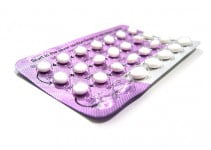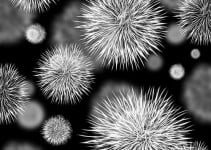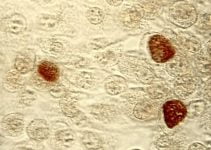Yeasts grow harmlessly in certain parts of the body, like the intestinal tract, mouth, and female genitals. There are times when an overgrowth of yeast leads to infection. This can happen when the immune system is weakened or when certain factors cause the elimination of some other bacteria.
The symptoms of yeast infection can manifest in different ways, and they will vary according to the affected areas. The information below will highlight some of the common symptoms of yeast infection in women.

Similar to other forms of organisms in the human body, yeast can complicate your health. It’s very important for these organisms to be in constant balance to prevent infection.
The growth of yeast can increase under favorable conditions which arise from obesity, pregnancy, antibiotics, diabetes, or weakened immune system.
It is not uncommon for the symptoms of yeast to be absent in the earlier stages, but when visible they will vary based on the area that is affected.
Here are the common symptoms of yeast infection:
- Itching or irritation
- Discharge, white thick odorless cottage cheese-like
- Rash
- Burning around the affected area
- Burning sensation while passing urine
- Pain during sex
- Redness on or around affected area
- Soreness around vagina
- Frequent urination
- Swelling of vulva
It is important to note that you can experience some of these symptoms, not necessarily together and all of them. Itching is the most common one, but it can be caused by other condition than yeast infection.
In addition to these common symptoms of yeast infection, you could experience a few others. All the above mentioned symptoms are not confined to the yeast infections in the vaginal area either.
Another thing that you should know is that many women have vaginal discharge halfway before the start of their menstruation cycle. This is normal in most cases and is probably not linked to a yeast infection if it’s not accompanied by mild itching.
If you are experiencing some of these symptoms, and feel that you may have a yeast infection, you should consult your doctor. He or she can give you an accurate diagnosis as well as the best treatment.
You must not clean your vagina under no circumstances before seeing your doctor. This will take away any chance that your doctor might have to get a proper sample of the discharge, and thereby destroying your chances of getting an accurate diagnosis.
Now that you are aware of the common symptoms of yeast infection, you should make it a habit to visit your doctor once in a while. This is especially true if you are suffering from recurrent infection. It is possible to have repeated attacks even when you have treated each episode successfully.
Image: Pixabay




Hi, I got my cycle twice in one month and It kinda never stopped and it has been 2 weeks now. I have a smelly fishy brown discharge and still spotting. Kindly advise.